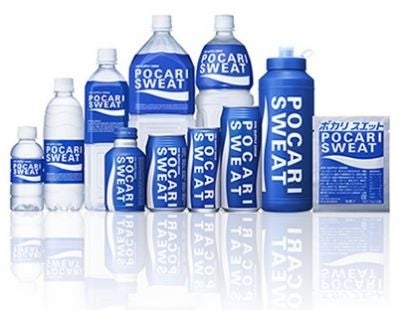Your support helps us to tell the story
From reproductive rights to climate change to Big Tech, The Independent is on the ground when the story is developing. Whether it's investigating the financials of Elon Musk's pro-Trump PAC or producing our latest documentary, 'The A Word', which shines a light on the American women fighting for reproductive rights, we know how important it is to parse out the facts from the messaging.
At such a critical moment in US history, we need reporters on the ground. Your donation allows us to keep sending journalists to speak to both sides of the story.
The Independent is trusted by Americans across the entire political spectrum. And unlike many other quality news outlets, we choose not to lock Americans out of our reporting and analysis with paywalls. We believe quality journalism should be available to everyone, paid for by those who can afford it.
Your support makes all the difference.New figures released by Datamonitor show that while health and wellness remains the broad driver for beverage consumption in Asia's two major markets, consumer preferences are distinctly different.
In Asia, all healthy drinks are not equal - although both Chinese and Japanese consumers are drawn toward healthier choices in beverages, there is a marked gap in the level of health awareness in each country, a trade publication citing Datamonitor figures shows on December 15.
In Japan, consumers prefer functional drinks that carry health claims touting the benefits of specialized ingredients like polyphenols, vitamins and calcium.
This explains the popularity of the "Ion Supply Drink" Pocari Sweat, a sports drink which claims to contain "electrolyte minerals" like Magnesium, Sodium, Potassium and Calcium. The drink was launched in Japan in 1980, and according to Reuters, sells an average of 2 billion bottles per year.
In neighboring China, although consumers veer toward the healthy, Chinese tastes are more broad-based and less developed. Following a number of food and drink scandals and outbreaks of epidemic diseases (SARs and bird flu) consumers are increasingly health conscious. People are moving from soda toward fruit and vegetable-based "natural" drinks, which have received official support from the Chinese government.
In 2009, 300 new soft drinks were launched in China, more than half of which were juices, with the remainder split between functional drinks and bottled water.

Join our commenting forum
Join thought-provoking conversations, follow other Independent readers and see their replies
Comments